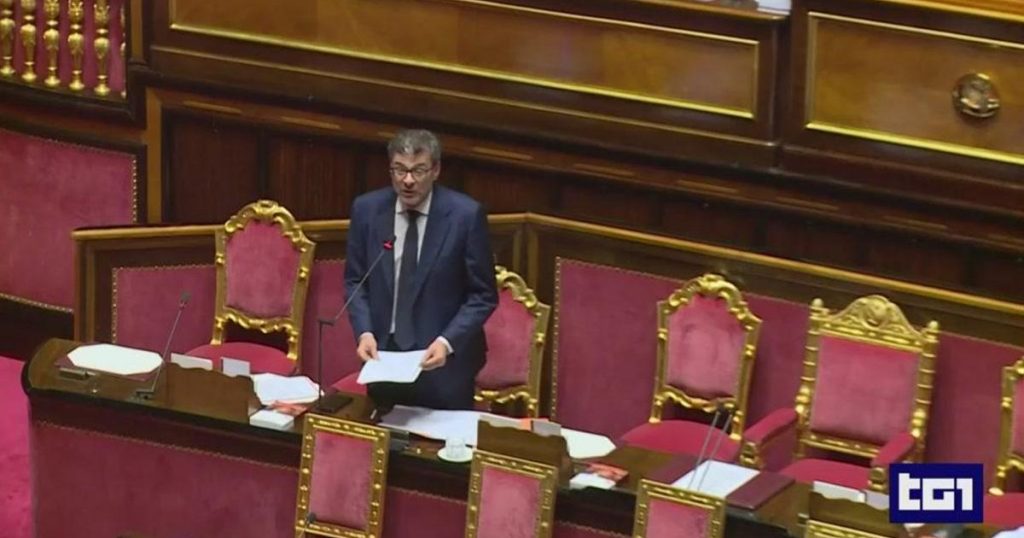The budget maneuver has not yet landed in Parliament, but there is already a war of numbers between the majority and the opposition on the healthcare front. Prime Minister Giorgia Meloni opens the day by criticizing the “falsehoods” on this front and claiming, with data in hand, a “historic record” with the increase in the National Health Fund rising to 136.48 billion in 2025 and 140.6 billion in 2026. Democratic Party Secretary Elly Schlein enters the fray by attacking those numbers and emphasizing that the calculation should not be based solely on “absolute data” but should also take into account the percentage of GDP, which has decreased by half a point compared to 2010. “The lowest percentage in the last 15 years,” says Schlein.
The debate between the majority and the opposition in Parliament revolves around the healthcare sector and the allocation of funds in the budget. Prime Minister Giorgia Meloni defends the government’s record on healthcare funding, citing an increase in the National Health Fund to record levels. On the other hand, Democratic Party Secretary Elly Schlein argues that the percentage of GDP allocated to healthcare has actually decreased, contradicting the government’s claims of a historic increase in funding. This disagreement highlights the conflicting interpretations of the data and the different approaches to evaluating the government’s performance in the healthcare sector.
The clash over healthcare funding reflects broader political differences between the majority and the opposition in Italy. The debate extends beyond just numbers and statistics to encompass differing ideological perspectives on the role of the government in providing healthcare services. Prime Minister Giorgia Meloni emphasizes the government’s commitment to increasing healthcare funding, while Democratic Party Secretary Elly Schlein focuses on the relative decrease in healthcare spending as a percentage of GDP. These contrasting views reveal the underlying ideological disagreements that shape political discourse in Italy.
The dispute over healthcare funding points to deeper concerns about the overall state of the Italian healthcare system and the challenges it faces. Both the majority and the opposition are grappling with the implications of the budget maneuver on healthcare services and the well-being of the population. The debate reflects broader concerns about the sustainability of the healthcare system and the need for long-term planning to address the evolving needs of the population. These discussions highlight the complex interplay of political and economic factors that shape healthcare policy in Italy.
As the debate over healthcare funding intensifies, both the majority and the opposition are vying to shape public opinion and influence the outcome of the budget maneuver in Parliament. The conflicting narratives and interpretations of the data underscore the political stakes involved in the allocation of funds for healthcare. Prime Minister Giorgia Meloni and Democratic Party Secretary Elly Schlein are leading the charge for their respective sides, highlighting the importance of healthcare as a key issue in Italian politics. The outcome of this debate will have far-reaching implications for the future of the Italian healthcare system and the well-being of the population.
In conclusion, the war of numbers over healthcare funding in Italy reflects broader political and ideological differences between the majority and the opposition. The debate highlights contrasting views on the role of the government in healthcare provision and the allocation of funds. As the budget maneuver progresses in Parliament, the discussion over healthcare funding will continue to be a contentious issue, with implications for the future of the Italian healthcare system. The outcome of this debate will shape the direction of healthcare policy in Italy and have lasting effects on the well-being of the population.


